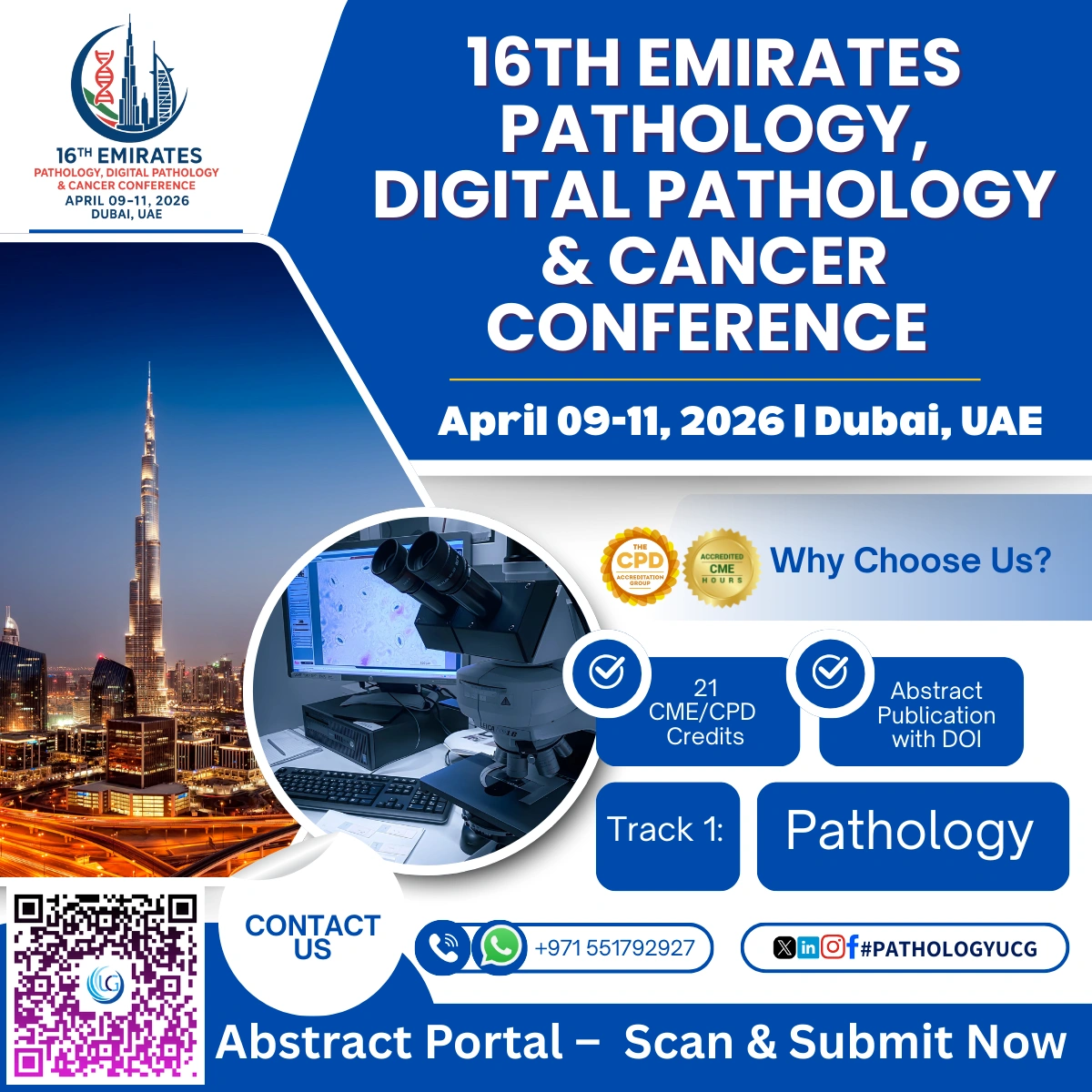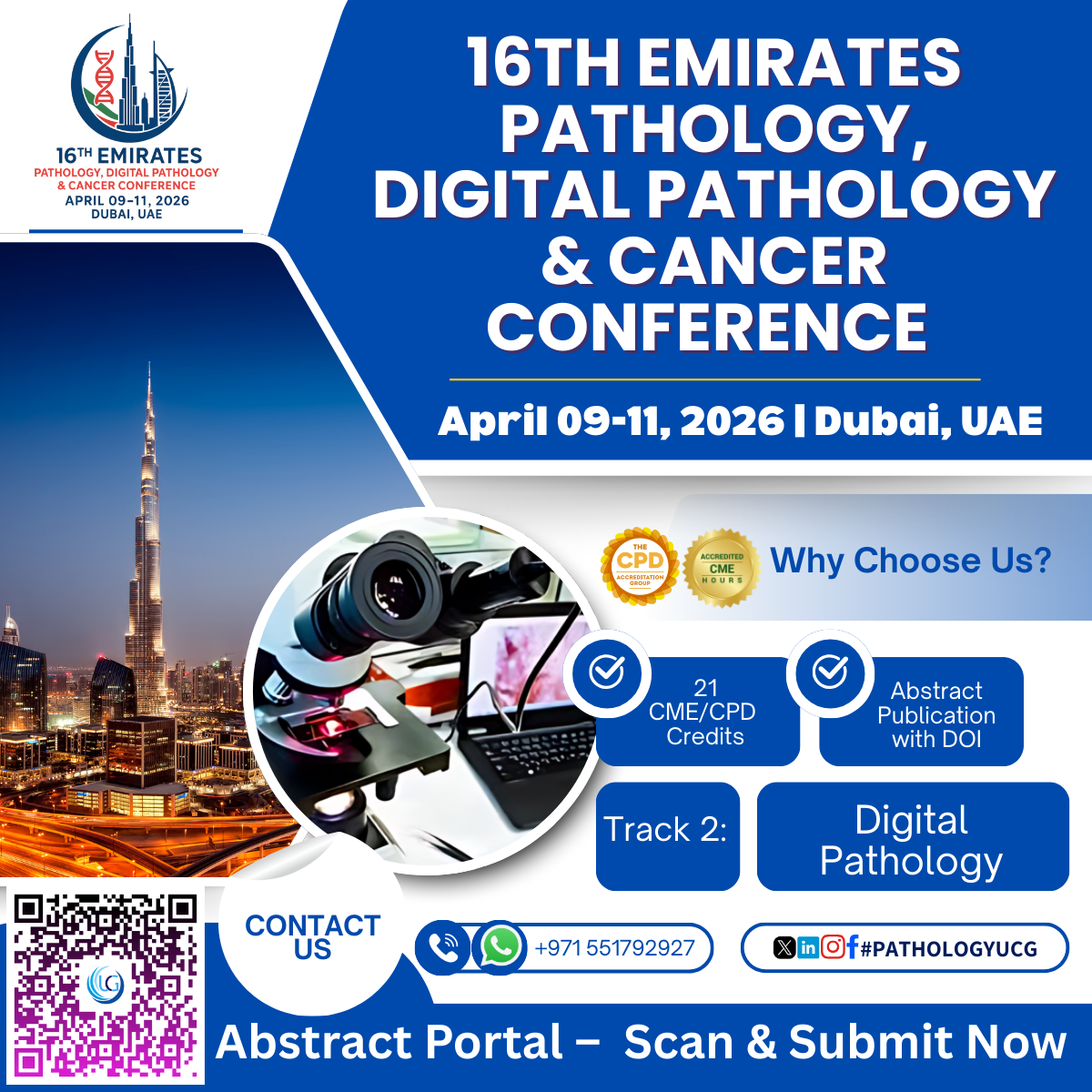



Call for Abstract/ Research Paper:
Sub Tracks: Pathology, pathology lab, pathology diagnosis, pathology...

Call for Abstract/ Research Paper:
Sub Tracks: Digital Pathology, Whole-Slide Imaging,...

Call for Abstract/ Research Paper:
Sub Tracks: Pathology, pathology lab, pathology diagnosis, pathology improve, morphologic, Pathology disease technologies, medicine, autopsy, neuropathology common diseases, genetic technologies infections, patient’s illness, diagnosis of tumors. Genitourinary Pathology artificial Intelligence, Pathology treatment, preventing disease, clinical scientists, biomedical scientists, morphologist cardiology, echocardiography, accurate diagnoses, medical laboratory, oncologist, surgeon, physician, doctor, medicine, speech language pathologist, cardiologist, neurologist, dentist, specialist, psychiatrist, obstetrician neurosurgeon, medical pediatrician, medical science, oncologist
What Does a Pathologist do?
Pathologists are medical doctors who specialize in pathology, the branch of medicine that involves the study of diseases. Their primary role is to diagnose diseases and conditions by examining tissues, organs, bodily fluids, and sometimes the entire body. Pathologists play a crucial role in providing insights into the nature, causes, and progression of diseases.
Additionally, a pathologist will evaluate a tissue biopsy to determine whether it is cancerous or benign, and they will then communicate their findings to your primary care physician. Some pathologists are experts in genetic testing, which can, for instance, decide the best course of action for specific cancer kinds.
Additionally, pathologists do autopsies, which not only reveal the cause of death but may also reveal more details regarding the genetic development of a disease. This finding may enable family members to adopt preventive measures for their own health and may help researchers create new medicines.